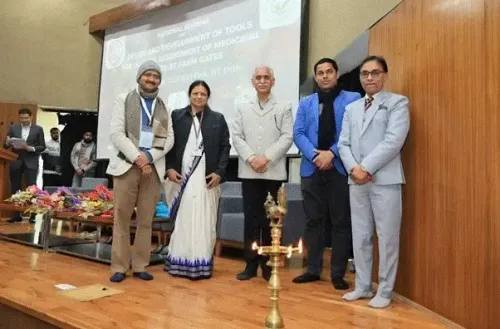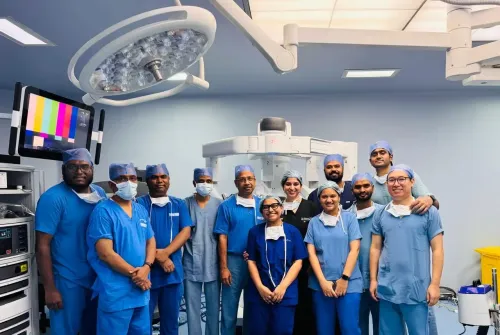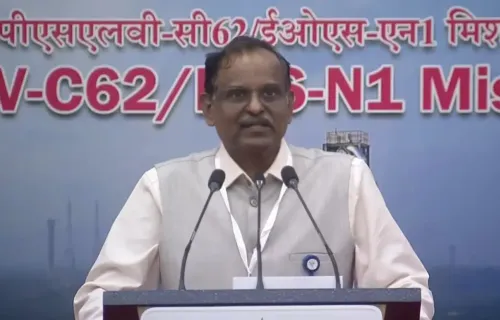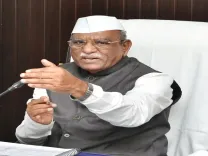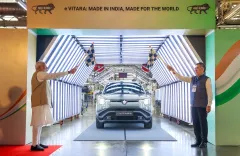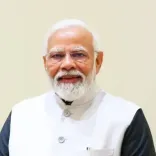How Will the Ministry Tackle Challenges to Create a More Flexible and Competitive SEZ Framework?
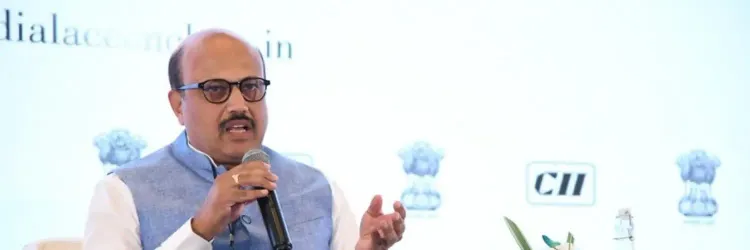
Synopsis
Key Takeaways
- The government is committed to revising SEZ policies based on stakeholder feedback.
- Challenges related to operational compliance and trade competitiveness are being addressed.
- Direct communication between industry and government is being facilitated.
- Technical issues such as connectivity and import monitoring are under review.
- The aim is to create a globally competitive SEZ ecosystem.
New Delhi, Nov 21 (NationPress) The Commerce Secretary, Rajesh Agrawal, assured industry representatives on Friday that the government is set to address all raised concerns and pursue practical, long-term strategies to enhance India’s Special Economic Zone (SEZ) framework, making it more adaptable, efficient, and competitive on a global scale.
During an industry engagement event hosted by the Export Promotion Council for EOUs & SEZs (EPCES) in Chennai, he emphasized the Ministry’s commitment to reforms that align with the shifting dynamics of global trade and facilitate a smoother business environment for SEZs across various sectors.
In attendance were stakeholders from SEZ units, developers, and MSMEs, who voiced their concerns regarding operational challenges, compliance procedures, and trade competitiveness.
They raised issues concerning SEZ–Domestic Tariff Area (DTA) transactions, rules around duty exemptions, connectivity issues with ICEGATE, and the complexities involved in the import monitoring system.
Representatives from MSMEs also discussed the hurdles they face with reverse job work policies.
Stakeholders in the IT and IT-enabled services sectors brought attention to ongoing issues related to the classification of vacant built-up areas, delays in renewing Letters of Approval, and procurement verification requirements that differ from Goods and Services Tax (GST) standards.
Several firms pointed out the disparity in access to concessional import duties and duty drawback benefits between SEZ units and DTA units.
Others highlighted procedural delays introduced by the new Procurement Certificate system, while some expressed concerns regarding countervailing duties imposed by the United States and the application of Quality Control Orders (QCOs) on SEZ-to-DTA transactions.
In response to these issues, Rajesh Agrawal commended EPCES for promoting direct communication between industry and government.
He acknowledged the necessity of revisiting policies as global supply chains change and domestic market demands rise.
Agrawal pointed out that evolving trade patterns, new free trade agreements, and a heightened focus on expanding domestic market access necessitate that SEZ policies align with current economic realities.
He encouraged companies to provide thorough data and structured feedback to guide policy decisions and future reforms.
The Commerce Secretary also assured that technical challenges, including those related to BSNL connectivity and import monitoring systems, will be evaluated.
He concluded by reiterating the government’s dedication to cultivating an SEZ ecosystem that is modern, efficient, and globally competitive.


